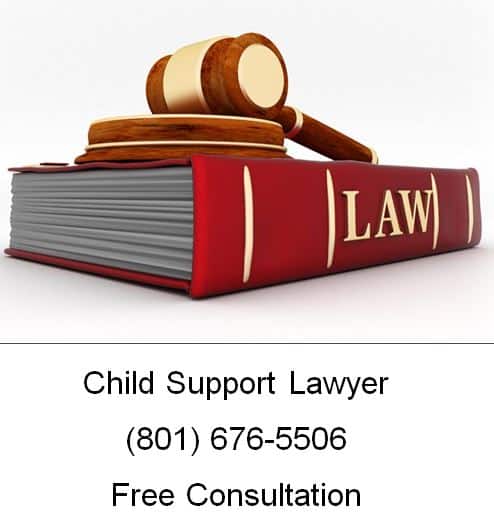Child support is mandatory in any divorce involving minor children. Petitioners with minor children must include an order for child support, even if the other parent is unemployed or cannot be found.
Most state laws have guidelines to determine child support payments. The payment amount is based on each parent’s income and the amount of time he or she spends with the children. The guidelines also provide for add-on amounts for the following expenses:
- Child care
- Health care and health insurance
- Special educational or other needs
- Travel-related visitation
Parents can increase or decrease the guideline amount if the following conditions are met:
- Both parents acknowledge they are fully informed of their rights under state law and the amount of child support is mutually agreed on,
- Both parents declare the agreed upon amount is in the children’s best interests and will adequately meet their needs, and
- For welfare recipients, the right to support has not been assigned to the county, and neither parent has a public assistance application pending.
Keep in mind that the judges presiding over divorces are the ultimate authority on child support decisions. They can deviate from the guidelines as they see fit.
Child support orders can be modified at any time. Special circumstances or income changes are just two reasons to revisit child support payments. The parties can agree in writing to the changed amount or can file a motion with the court. After the divorce is finalized, you should consult an attorney to change the amount.
Any order for child support payments typically includes an order for the assignment of wages. Child support payments usually begin when the judgment dissolving the marriage will be signed by the court, even though the parties will not legally be divorced until after the waiting period. If the judgment is delayed, you can file an application with the court to rush the payment of child support. You should seek an attorney if this is the case.
If a parent does not pay child support or is significantly late, he or she can be sued for contempt of court, have wages or tax refunds attached, or have his or her driver’s license blocked. These actions should be handled by an experienced attorney.
Tax Implications of a Divorce
Divorce can be challenging, particularly when it comes to tax time. Which spouse owes taxes? What forms and returns need to be filed? When do I need to file? How do I file? What is the best tax planning strategy for my divorce?
Tax Filing Status
A taxpayer will be considered unmarried at the end of a tax year if his/her spouse is legally separated from the taxpayer under divorce decree or separate maintenance contract at the close of the tax year.
A married taxpayer will be considered unmarried and eligible for head of household status if the taxpayer’s spouse was not a member of the household for the last six months of the year and the household is the home of a dependent child.
Liability on Joint Return
You may request relief from liability for tax, plus related penalties and interests for which you believe that your spouse (or former spouse) should be liable.
Innocent Spouse Relief is available if you: (1) filed a joint return and (2) are no longer married to (or are legally separated from) the spouse with whom the joint return was filed.
Dependency Exemptions
In general, the dependency exemption for children of divorced taxpayers will go to the parent who has custody of the child for the greater part of the calendar year.
Alimony and Spousal Support
In general, alimony and separate maintenance payments are income to the recipient and are deductible by the payer. Different rules apply to alimony that went into effect prior to 1985.
If you have specific questions about the tax implications of a divorce, you should speak to a licensed tax expert.
Free Consultation with Child Support Lawyer
If you have a question about child support or if you need to collect back child support, please call Ascent Law at (801) 676-5506. We will help you.
8833 S. Redwood Road, Suite C
West Jordan, Utah
84088 United States
Telephone: (801) 676-5506
Recent Posts
Understanding Joint Legal Custody
Asset Protection with Swiss Banking
Brachial Plexus Injury Lawyer in Utah
Investment in Foreign Real Estate Lawyer
Source: https://www.ascentlawfirm.com/child-support/
source https://probatelawyerwestjordanut.wordpress.com/2018/08/01/child-support/



No comments:
Post a Comment